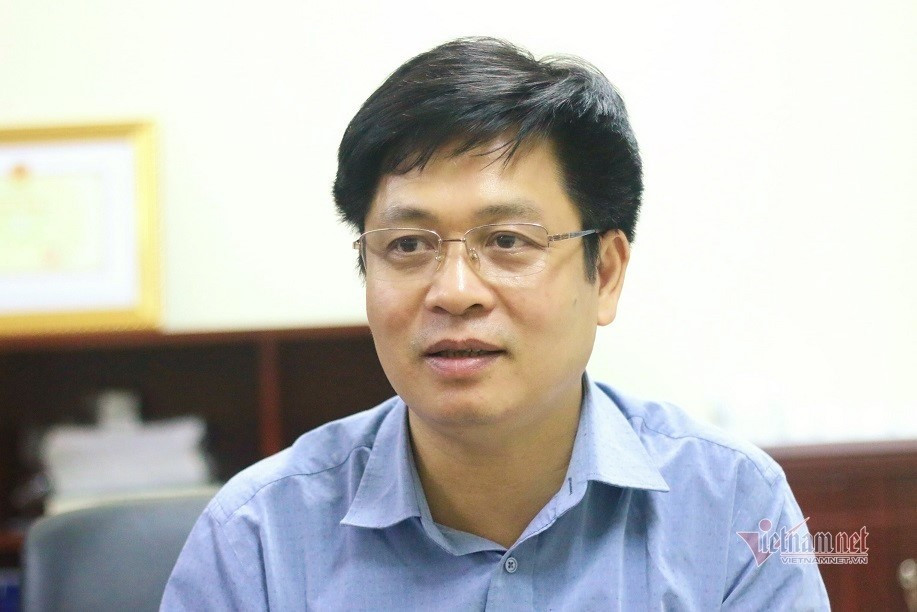The Ministry of Education and Training (MOET) has recently introduced a draft circular aimed at regulating tutoring practices, intended to replace the existing Circular No. 17/2012/TT-BGDĐT. This new circular brings several significant changes designed to address the negative aspects of tutoring, particularly the coercion of students into attending extra lessons, while still allowing for necessary and legitimate supplementary education.
In an interview with VietNamNet, Associate Professor, Dr. Nguyen Xuan Thanh, Head of the Secondary Education Department at MOET, explained the rationale behind the proposed changes. He emphasized that tutoring meets a genuine need for both teachers and students, and the ministry has never intended to ban it outright but instead seeks to manage it in a way that minimizes negative practices.

“The main issue that has raised public concern is the practice of teachers tutoring their own students outside of school hours, often compelling them to attend these sessions against their will. This coercion is what we aim to manage and eliminate,” Mr. Thanh stated.
The draft circular introduces several key changes. One significant modification is that teachers will no longer be required to seek permission from their school principal to tutor their own students outside of school. Instead, they must report their tutoring activities, including the list of students, and commit not to force students into attending these sessions.
Additionally, teachers must pledge not to use examples, questions, or exercises from their tutoring sessions in official assessments, ensuring fairness for all students. These measures aim to reduce potential negative practices and ensure transparency in the tutoring process.
“The draft also addresses the division of subjects into ‘main’ and ‘secondary’ categories, which has led to disparities among teachers. The goal is to manage in-school tutoring transparently and fairly, with clear records and oversight,” Mr. Thanh explained.
Another notable change is the removal of the prohibition on public school teachers from organizing tutoring sessions outside of school. However, this does not imply a loosening of restrictions on commercial tutoring activities.
“According to the Law on Public Employees, public school teachers are not allowed to engage in business activities. Therefore, they are permitted to participate in tutoring but not to organize it as a business. This has led to some confusion, which we plan to clarify in the final version of the circular,” Mr. Thanh clarified.
Regarding elementary school students, the draft circular continues to prohibit in-school tutoring, except for extracurricular activities like arts, sports, and life skills training. The aim is to manage these activities transparently, ensuring that no additional tutoring is conducted within the school for elementary students, especially since most schools already operate on a two-session-per-day schedule.
One concern raised by the public is the potential for teachers to misuse their position by reserving crucial knowledge for paid tutoring sessions. To address this, the draft circular requires teachers to report their external tutoring activities to their school principal and provide a list of students attending these sessions.
If any negative practices arise, students and parents are encouraged to report them immediately, and the school’s principal will be responsible for ensuring the integrity of the official curriculum. The draft also empowers schools and the broader community to monitor these activities.
“We are setting up a legal framework for schools to implement, and it’s crucial that the schools and the community take an active role in overseeing these practices,” Mr. Thanh said.
Thanh Hung